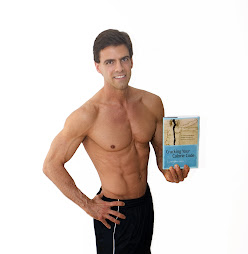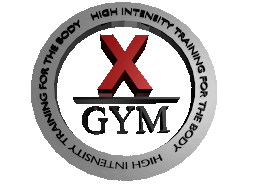
Research shows that our capacity to feel satisfaction from our food is stronger in the morning and grows progressively weaker throughout the day. If you eat more in the morning you can trick your body into eating less at night.
One study showed that when obese dieters ate a big breakfast starting with healthy protein, they lost significantly more weight than dieters who ate only half that much. The dieters who ate a big breakfast naturally ate less at night. Those who ate a smaller breakfast got the munchies and ate more of the bad stuff before bed.
Scientists now believe that circadian and diurnal rhythms -- the body’s natural daily patterns -- determine this effect. When we eat a good breakfast, especially with high amounts of protein, our rhythms are set correctly for the day and late night snacking is not as much of an issue.
Most people skip breakfast or eat fast carbs like donuts, rolls, bagels, and the like which create a spike in blood sugar. This in turn causes cravings and hunger to increase through the rest of the day and peak at night. Coffee makes this effect even worse, so you can see how most Americans are sabotaging themselves every day without even knowing it.
Those who eat mostly protein for breakfast don’t have the resulting blood sugar spike, and their hunger stays more level instead of the drastic swings from the coffee and carbs. They effectively “set” their body rhythm clock and keep it ticking on pace by starting their day with the right type of calorie.
Another good reason for protein in the morning is that it burns more fat off your body than other types of calories. We all wake up in a fat burning state because we have been fasting all night. Eating protein keeps us in this state, while carbs and coffee shut it down. Protein effectively extends this fat burning window and even bumps it up a level as it causes a natural metabolism increases.
Most Americans eat lots of carbs and little protein before bed, so their fat burning won’t start until all those carbs are burned off. This can take 4-7 hours, so they have a very short fat burning window before they shut it back down with their coffee and croissant the next morning.
Since protein for breakfast will also cause you to eat less in the evening, and therefore start your fat burning window sooner, it’s a double whammy for fat loss! You are stretching your fat burning window out longer in the morning and starting it sooner in the evening and are therefore attacking it from both sides.
Try to get clean protein to optimize your fat burning metabolism. This means eating organic scramblers, omelets, or protein shakes for breakfast, and organic white meat, wild fish, or grass fed red meat for dinner. Organic cheese and plain Greek yogurt are other good sources. You can mix Greek yogurt with berries and liquid Stevia to make it taste like the full sugar stuff and double the protein while slashing the sugar at the same time. Use this same formula for organic cottage cheese and you have a treat rivaling many deserts.
 The calorie in-calorie out theory has been debunked for many years. Those still preaching it simply haven’t kept up with the research. It’s about the timing and the type of calorie that dictates whether you lose fat or not. My book “Cracking Your Calorie Code” discusses this and other calorie strategies and can be ordered through our website at www.xgym.com.
The calorie in-calorie out theory has been debunked for many years. Those still preaching it simply haven’t kept up with the research. It’s about the timing and the type of calorie that dictates whether you lose fat or not. My book “Cracking Your Calorie Code” discusses this and other calorie strategies and can be ordered through our website at www.xgym.com.







